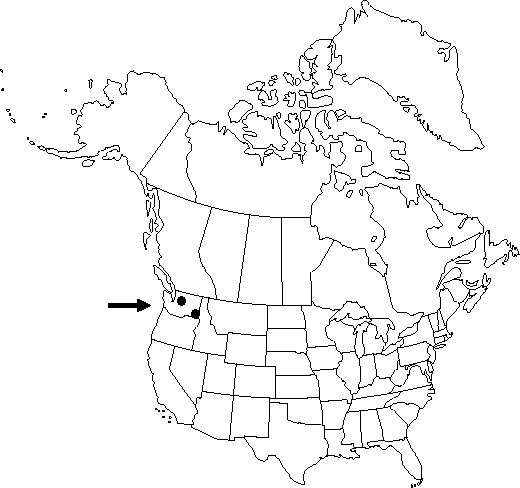Difference between revisions of "Delphinium multiplex"
in C. L. Hitchcock et al., Vasc. Pl. Pacif. N.W. 2: 357. 1964.
FNA>Volume Importer |
imported>Volume Importer |
||
| Line 56: | Line 56: | ||
|publication year=1964 | |publication year=1964 | ||
|special status=Endemic | |special status=Endemic | ||
| − | |source xml=https:// | + | |source xml=https://bibilujan@bitbucket.org/aafc-mbb/fna-data-curation.git/src/bb6b7e3a7de7d3b7888a1ad48c7fd8f5c722d8d6/coarse_grained_fna_xml/V3/V3_748.xml |
|genus=Delphinium | |genus=Delphinium | ||
|section=Delphinium sect. Diedropetala | |section=Delphinium sect. Diedropetala | ||
Revision as of 23:05, 27 May 2020
Stems (40-)80-130(-180) cm; base usually green, glabrous. Leaves mostly on proximal 1/3 of stem, usually absent from proximal 1/5 stem at anthesis; basal leaves 0-4 at anthesis; cauline leaves 10-20 at anthesis; petiole 0.5-15 cm. Leaf blade round on proximal stem, ± cuneate on distal stem, 1.5-9 × 2-14 cm, glabrous; ultimate lobes 3-15, width 15-30 mm (basal), 1-20 mm (cauline). Inflorescences 25-50-flowered, ± dense; pedicel 0.5-2 cm, glandular-puberulent; bracteoles 4-5 mm from flowers, green to blue, lanceolate-linear, 3-7 mm, glandular-puberulent. Flowers: sepals dark blue, puberulent, lateral sepals forward pointing to spreading, 12-15 × 5-7 mm, spurs straight, within 20° of horizontal, 12-16 mm; lower petal blades slightly elevated, exposing stamens, 6-8 mm, clefts 2-3 mm; hairs centered, mostly near base of cleft, white. Fruits 10-15 mm, 3-4 times longer than wide, glandular-puberulent. Seeds narrowly wing-margined; seed coat cells with surfaces somewhat roughened. 2n = 16.
Phenology: Flowering late spring–summer.
Habitat: Rocky streambeds
Elevation: 1500-1800 m
Discussion
Delphinium multiplex hybridizes with D. glaucum and D. distichum.
Selected References
None.
